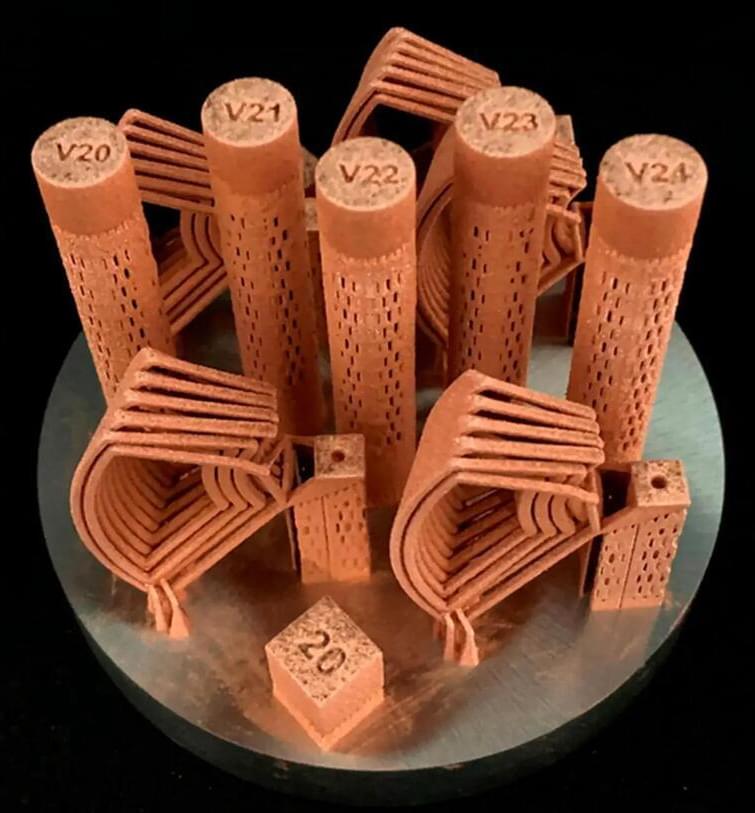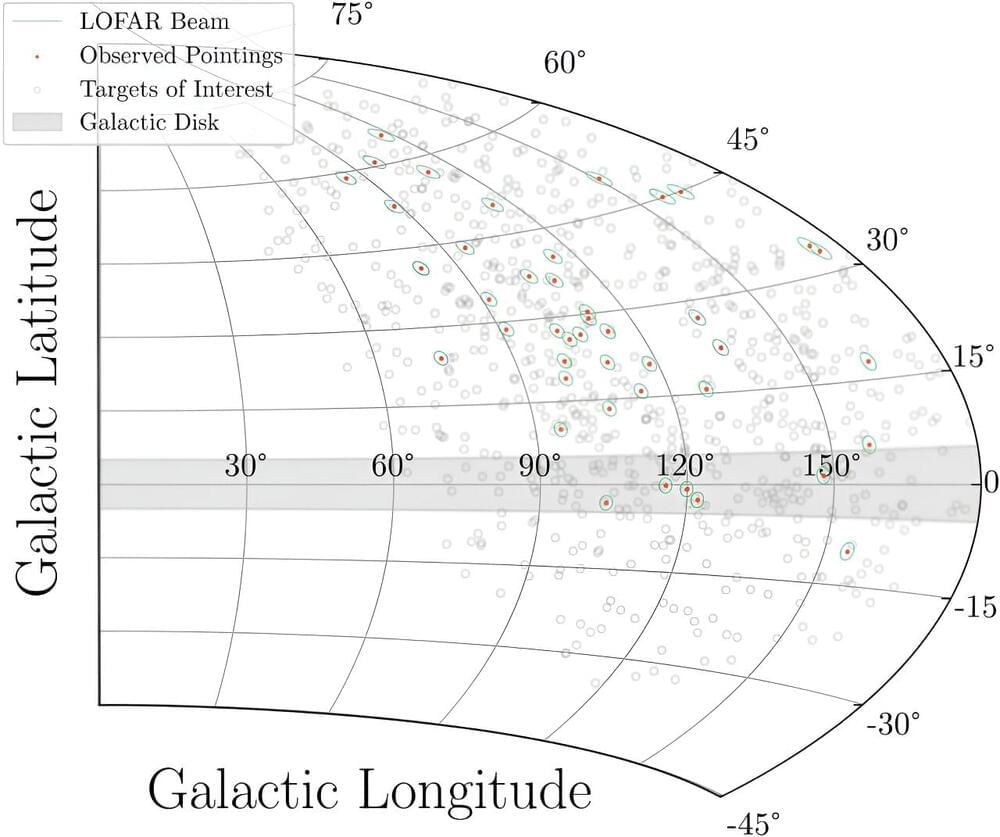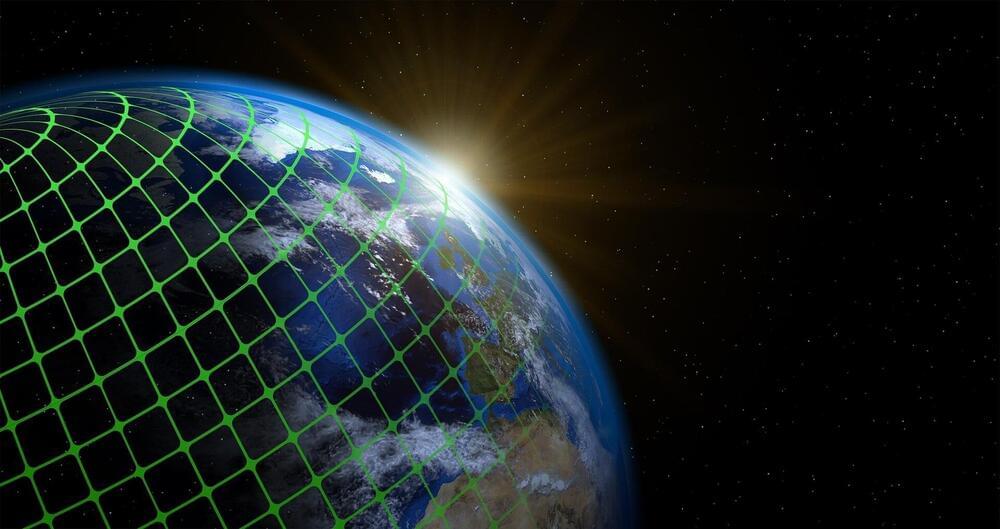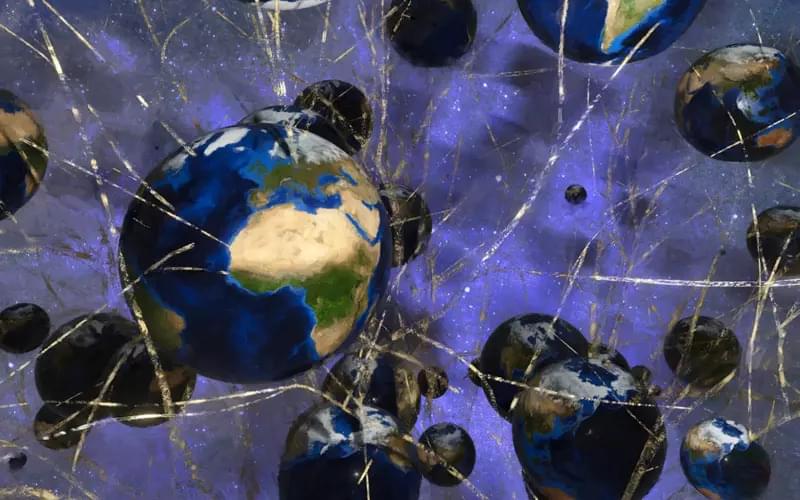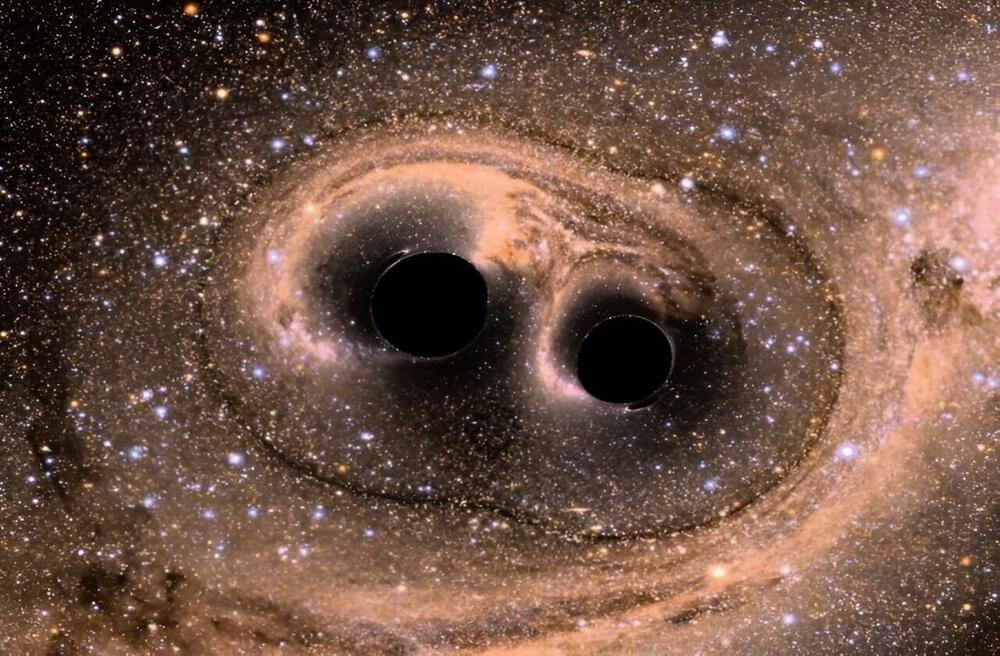Nov 4, 2023
SpaceX selling ‘Starshield’ will be a gamechanger
Posted by Genevieve Klien in categories: alien life, internet, military, nuclear weapons, satellites
Space Force and SpaceX announced that they’ve reached a deal for a brand-new military capability: Starshield. Is it a new laser defense shield against nuclear missiles? An Ultron for our time to destroy alien armadas? Or Starlink, but with new branding and (probably) a new fleet of satellites?
Yup, the last one. But with how clutch Starlink is in Ukraine, a military-controlled version of the network could change operations there. And it would dramatically improve U.S. and allied military communications in future conflicts. Now, the American military will lead military space-based communications with the start of Starshield. But expect allies to clamor aboard and other nations to try developing rival platforms.
Space Force has one of the most descriptive, succinct names in the modern military, but it appears to be even worse at naming its programs than the other branches. Still, its Proliferated Low Earth Orbit Program, or “PLEOP,” for acronym addicts who want to hear the sound of a dump every time they discuss the program, is promising.

